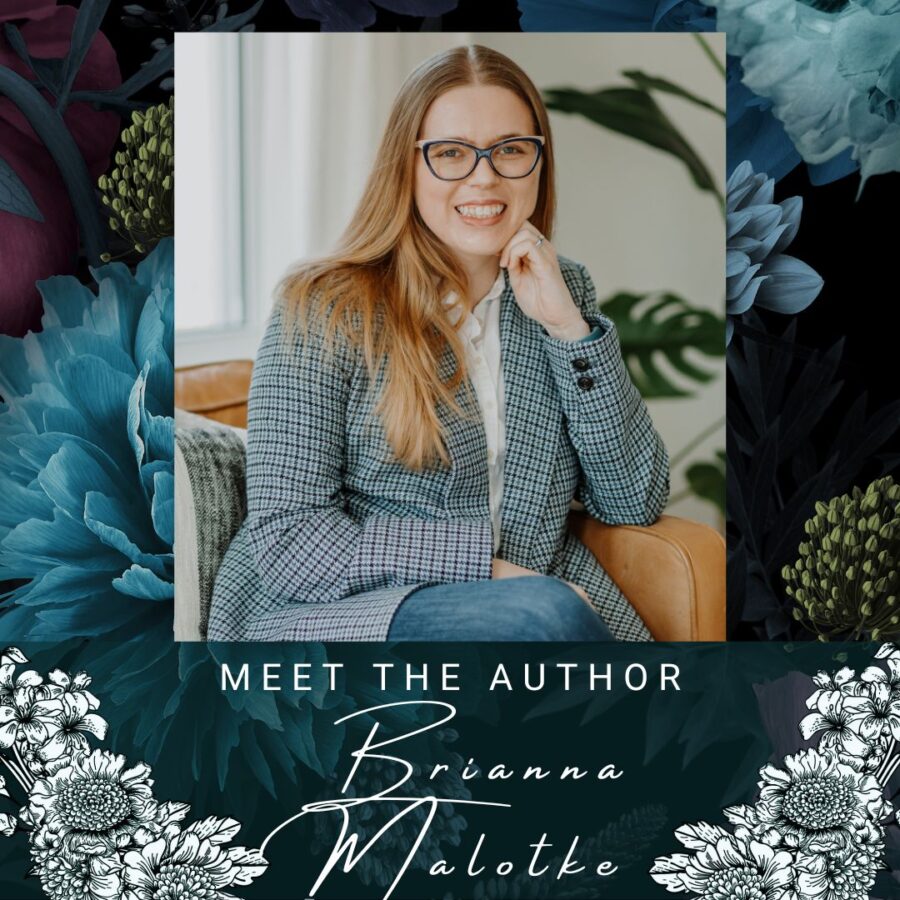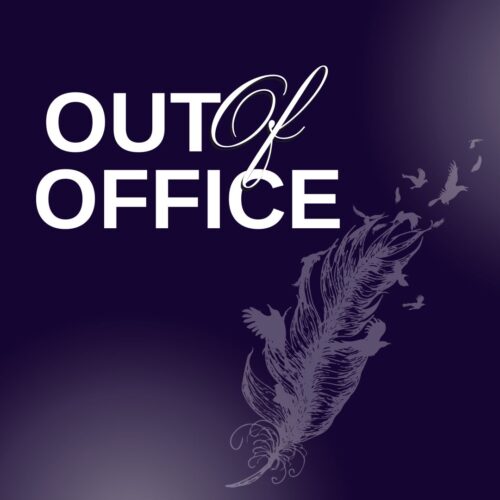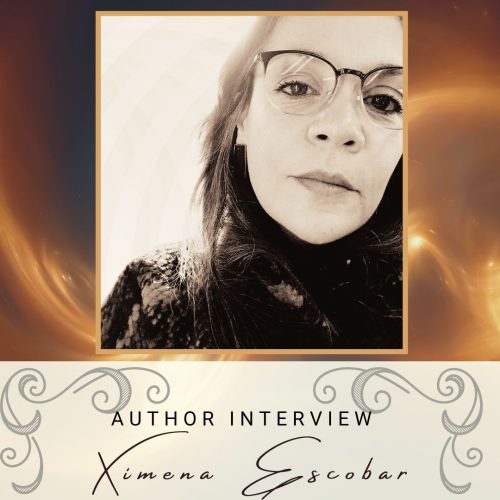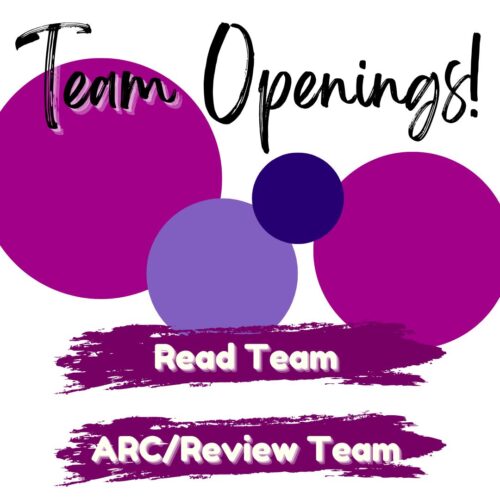Don’t Cry on Cashmere, I’d love to hear anything you might tell us about the making of the titular poem. What about this one made it your choice for the name the volume?
I’ve always used reading and writing as an escape. A good chunk of this collection deals with grief, and I feel comfortable sharing that I see a therapist for depression and anxiety. At one point, I was dealing with a death of a loved one and working through my scarier thoughts of what would happen if everyone I loved started dying and I would just be alone. It was a pretty rough stretch for me. My therapist had recommended that I write down these tangents when I was feeling this way. I don’t think they anticipated that I would end up writing poetry, but the poem titled “Don’t Cry on Cashmere” came about from this process.
There was this moment back in high school where I had laughed so hard, I was crying, and of course using the sleeves of my cashmere sweater to wipe my tears. My grandmother told me that the saltiness of tears would ruin my cashmere sweater. I’m not sure why that little phrase has clung to my mind for all these years, but when working on my depression in therapy, I wrote in this little comical memory into the poem. To the reader, it may seem like nothing but grandmotherly advice. To me, it was reliving a heart-warming and happy moment in my mind while experiencing sorrow in real life.
Happy memories are my anchor that hold me in safely in place from feeling as though I’m drowning. Every time I think of that phrase, I experience a sliver of happiness, and for that reason, it became the title.
In your foreword, you speak of this volume being for those who have lost hope. You write with such a raw vulnerability and self-awareness, what made you willing to share your own journey with the world at large.
It’s still a little surreal to know that my own journey is getting shared. I don’t tend to share my feelings with others around me. To think that people close to me are going to read it cover to cover—and maybe even want to discuss it—it’s absolutely terrifying.
I wrote a lot of the book during some really painful bits of life and I wrote it solely for myself. There was never an end goal of getting it published, just a mission to put words to my feelings and chaotic thoughts. Writing these pieces helped me process my feelings and deal with the situations. I’m willing to share them with the world just for that small chance that they help someone else.
In even the most mournful of these poems, there shines a silver thread. Do you have to work at maintaining your optimism? Or is it innate? Habit?
I’ve been told by others that I tend to be an optimistic person. I’m not sure where it comes from, but there’s a little part of me that seems to whisper “things will get better” when it seems as though everything that could go wrong is going wrong.
What’s your work ethic when it comes to writing? Does it apply equally to your fiction and poetry?
If a deadline is involved, then my writing is a lot more structured and organised. Otherwise, my writing work ethic is more ruled by my mood and inspiration.
I would say my fiction and my poetry are two separate entities. When I write poetry, it’s more rushed—I have an idea and I have to get it down on paper. Then I’ll type it up and edit it until it’s finished. For fiction, I tend to think of a scene or maybe a general plot. I work a little at it bit by bit until it’s finished. Although, as I’m sure any author does, I have works in progress that just sit, untouched for long stretches of time.
You’ve had quite a busy year, across many styles and genres of writing. What have you found to be your most challenging project this year? And which the most rewarding?
My most challenging project this year has been writing pieces for various drabble collections. I’ve enjoyed tackling the challenge of a themed drabble—you only have 100 words to tell an enticing story. I have ten drabbles within three different romance themed anthologies with Dark Rose Press.
Don’t Cry on Cashmere is my most rewarding. It’s my first stand-alone book, and it contains over fifty poems that share little pieces of myself.
What can readers expect to see from you in 2023?
A little bit of horror and a little bit of romance! In the summer my horror poetry collection, inspired by deadly fashion trends, will be published with Green Avenue Books. I will also have my very first romance novella, tentatively called Gingerbread Hearts, published with Last Chapter Press in September.
What, lately, do you find most exciting in the indie writing world?
The variety of voices! Bring me all of the LGBTQ+ romance stories, I want to read them all!
What’s your favourite line (or lines) you wrote for the project?
This is pretty difficult, but here are my two favourite bits from Don’t Cry on Cashmere:
I could listen to her laugh all day,
This lovely ethereal daydream of a woman
– from “What a Reverie”
And my lungs, were blackened now
From the smoke of burnt memories.
– from “My Grief is Drowning”
What’s the one thing you most want readers to take away from reading Don’t Cry on Cashmere?
Your feelings are valid and that there’s someone who loves you more than you know.




